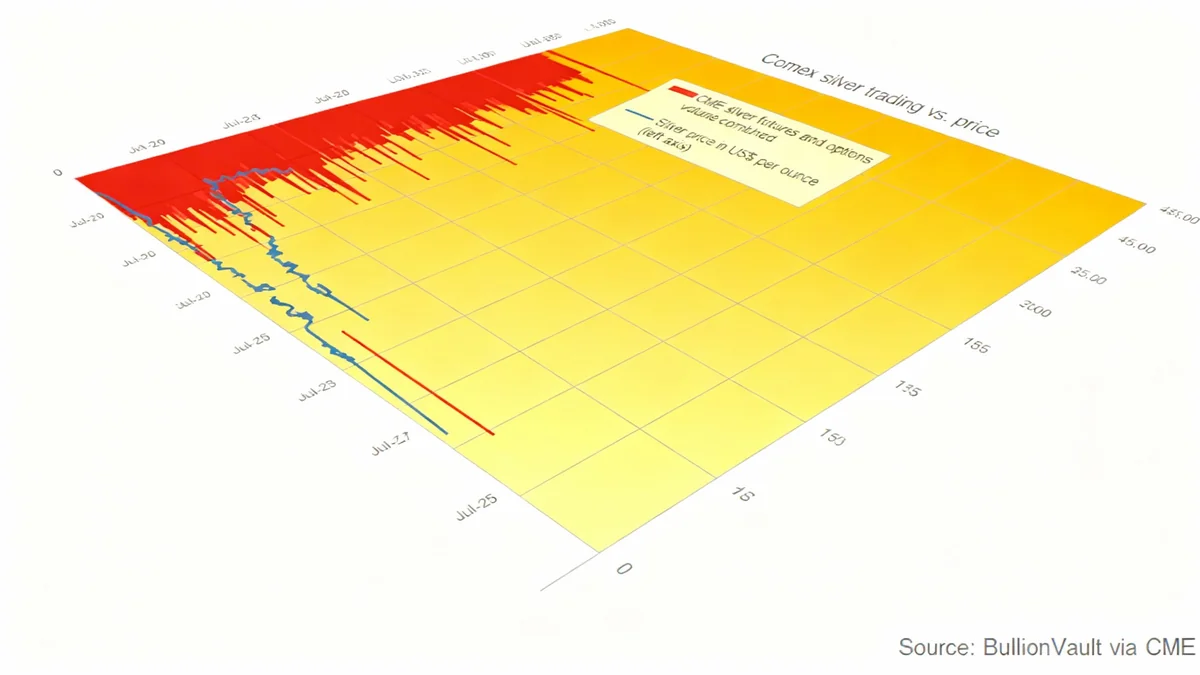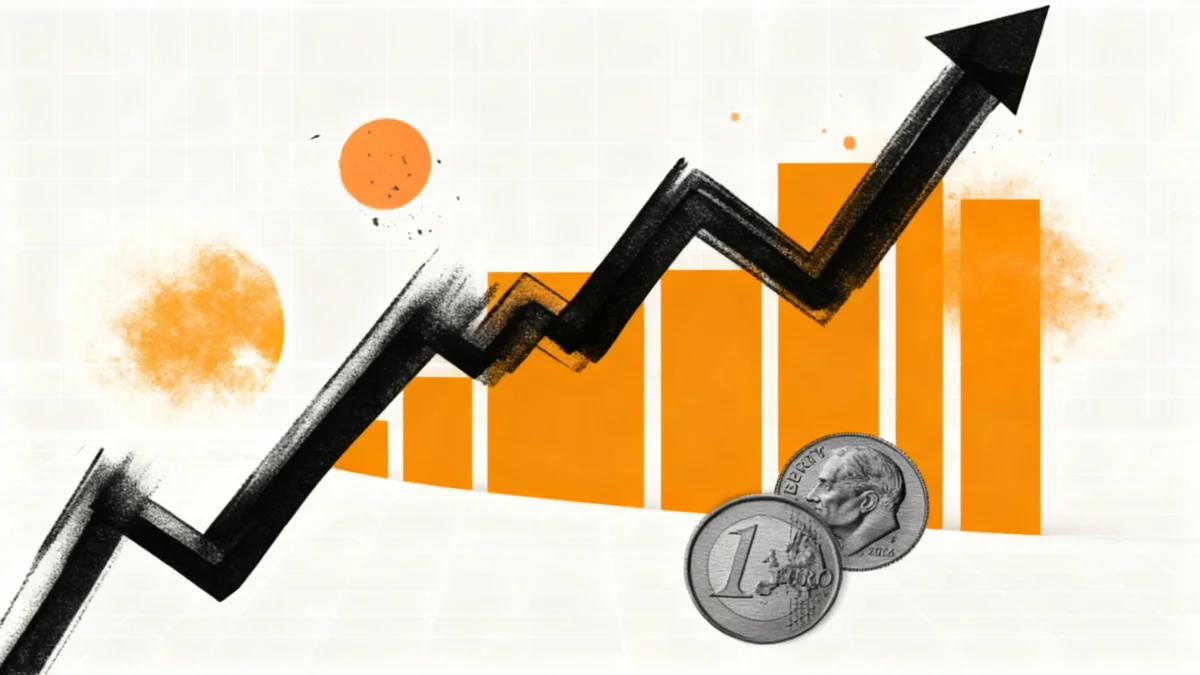Market analyst Jim Cramer has issued a strong warning to investors holding shares in high-risk, speculative companies, advising them to sell their positions. He argues that many of these unprofitable firms will soon need to raise cash, potentially leading to a sharp decline in their stock values, drawing parallels to the dot-com bubble of the early 2000s.
Cramer emphasized that while investors in these stocks have seen significant gains, the underlying companies often lack profitability and will eventually require more capital. He suggests that the window for these companies to secure funding is beginning to close, making it a critical time for investors to secure their profits.
Key Takeaways
- Jim Cramer advises investors to sell speculative, unprofitable stocks to lock in recent gains.
- He warns that these companies will need to raise capital by issuing new shares, which can devalue existing stock.
- The current market environment is compared to the dot-com bubble of 2000, which ended in a major market crash.
- The recent share offering by quantum computing firm IonQ is cited as an example of this trend starting.
- Cramer suggests investors should at least sell enough shares to recover their initial investment cost.
The Rising Need for Capital
Speculative stocks are shares in companies that, despite generating some revenue, are not profitable and are not expected to be in the near future. These investments are considered high-risk, but they have attracted significant interest, particularly from retail investors, leading to rapid price increases.
According to Cramer, the primary risk for these companies is their cash flow. Without profits, they rely on investor capital to fund operations. As this capital dwindles, they must raise more money, often by selling new shares to the public.
"The underlying companies most likely need capital and, after a certain time, it won’t be available," Cramer stated. "Warning: that time is now starting, so please sell some of these specs before the companies and the insiders do the same."
This process, known as an equity offering, increases the total number of shares available, which can dilute the value of existing shares and often causes the stock price to fall.
What Are Speculative Stocks?
Speculative stocks typically belong to companies in emerging industries with unproven business models. They often have little to no earnings but attract investors based on the potential for future growth. Sectors like quantum computing, certain areas of biotechnology, and some software startups fall into this category. While the potential for high returns exists, so does the risk of losing the entire investment.
Echoes of the Dot-Com Crash
Cramer draws a direct comparison between the current market and the dot-com boom and bust that occurred roughly 25 years ago. During the late 1990s, many internet-based companies achieved sky-high valuations despite having no clear path to profitability.
These companies raised enormous sums of money through initial public offerings (IPOs) and subsequent share sales. However, when the market sentiment shifted in 2000, their access to capital dried up. Major investors lost confidence, leading to a massive market crash that wiped out many of these companies and had a severe impact on the broader economy.
Cramer believes a similar dynamic could unfold with the current group of popular but unprofitable tech stocks. "I expect that will play out again with so many of these red-hot speculative names unless they cool off," he said.
IonQ Share Offering a Warning Sign
To illustrate his point, Cramer highlighted a recent move by IonQ, a company in the quantum computing sector. On a recent Friday, IonQ announced an offering of $2 billion worth of its shares. The market reacted swiftly and negatively.
IonQ Stock Performance
- Stock Decline: The stock fell 8.84% on the day of the announcement.
- Year-to-Date Gains: Despite the drop, the stock remained up 69.14% for the year.
This action is seen by Cramer as a clear signal that companies are moving to capitalize on their high stock prices to secure necessary funding. He predicts that IonQ's offering is likely just the first of many similar moves from other speculative firms.
Quantum computing is widely considered a speculative field because the technology is still in development. It does not yet have widespread practical applications or a proven ability to generate consistent returns, making companies like IonQ dependent on investor funding to continue their research and development.
Market Complacency and Investor Strategy
The current wave of speculation is occurring as the market marks the third anniversary of its most recent bull run. Cramer noted that prolonged periods of success can lead to a "time of complacency and speculation," where investors may take on more risk than they otherwise would.
He observed that many retail investors, often using accessible trading platforms like Robinhood, have been driving the demand for these highly speculative names. While he suggests that having one speculative stock in a diversified portfolio can be acceptable, he cautions against over-investing in such risky assets.
His advice for those who have profited from these stocks is direct and pragmatic.
"At a minimum, please take out your cost basis," he urged.
This strategy involves selling enough of the stock to recoup the initial amount invested, leaving the remaining shares—the "house's money"—to ride out future volatility. This approach ensures that the original capital is protected, regardless of what happens to the stock price afterward.
Cramer expressed hope that any potential downturn in these speculative assets can be contained and will not trigger a wider market collapse as the dot-com bust did. However, he remains adamant that the risk for these specific stocks is immediate and that investors should act to protect their gains.





